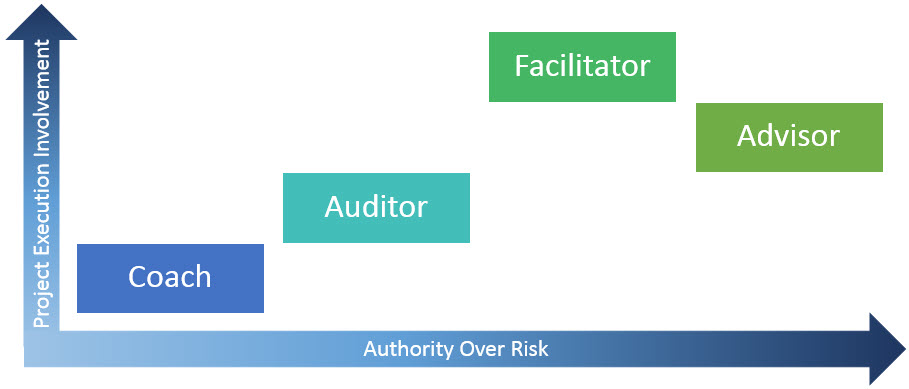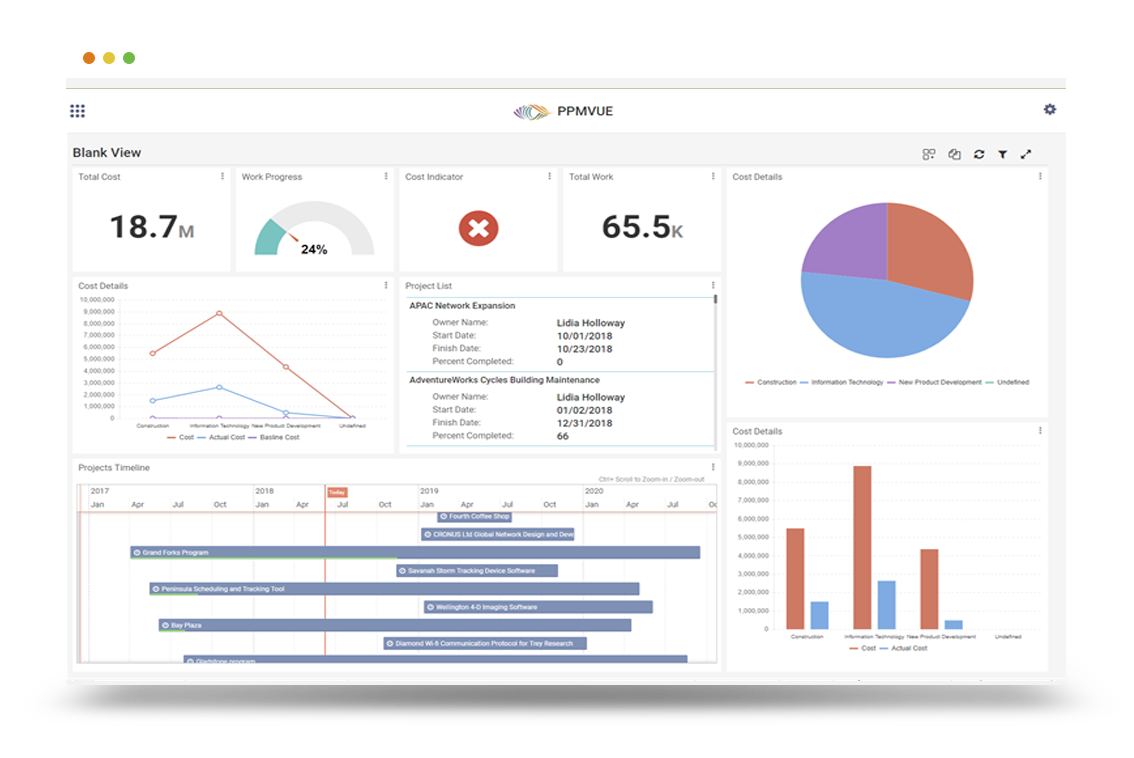Over the last decade, the number of companies that have established a Project Management Office (PMO) within their organization has more than doubled. The reason for this is because it is now clear that an effective PMO not only enhances project management performance, but also boosts the company’s overall performance. How does this happen when most newly created PMOs struggle to reach the Developing Maturity Level within the first two years of implementation?
In order for a PMO to mature within an organization, it is important to know and understand the core mission of the PMO.
The first thing a company must do in order to determine the PMO’s core mission is to decide what overall goal the PMO will provide the organization by asking a few questions:
- Does the company want the PMO to develop inexperienced Project Managers and Project Leaders?
- Does the company want the PMO to set the project management standards and govern inflight projects?
- Does the company want the PMO to actively facilitate projects through the project lifecycle?
- Does the company want the PMO to control project and portfolio efficiency?
Most likely the answer is yes to all of these questions. What the company really needs to do is to prioritize these questions to determine which is the most valuable to the organization. Of course, these prioritizations can change as the PMO matures, but what is the current need? Does the company want the PMO to be a Coach? An Auditor? A Facilitator? An Advisor?

Each of these PMO types are beneficial in its own way, but must be utilized within the company at the right time to help fill current gaps in the company’s project management processes. The chart below describes each of these four PMO types and how it can be applied.
Type |
Objective |
Tasks |
|---|---|---|
| Coach | Share project management best practices across the organization by developing standards and methodologies that best fit the current organizational environment and to facilitate the development of the company’s Project Managers. |
|
| Auditor | Create visibility into the current pipeline of projects within an organization by tracking/reporting status of active projects, administering Stage Gate reviews, and executing project initiation/closure. |
|
| Facilitator | Drive successful project delivery by placing knowledgeable and experienced Project Managers that support the established project lifecycle process to oversee the day-to-day operations of an organization’s active projects. |
|
| Advisor | Facilitate project and portfolio optimization by defining project lifecycle definitions, guiding project prioritization decisions, and conducting business case realizations. |
|
The Coach, Auditor, and Facilitator Type of PMO focuses the company to Build Things Right while the Advisor Type of PMO, which is a more mature PMO, focuses the company to Build the Right Things.
Now by no means are PMOs defined to follow only one of these core types. Each PMO will most likely become a hybrid of some or all of these core types, but will have a main focus on one at any given time. As an example, if a newly established PMO starts out by focusing on the Coaching type to develop the company’s Project Managers, it will also perform tasks relating to the Auditor type at the same time to follow the project lifecycle process. As the PMO matures and Project Managers understand the established methodologies, the focus will move away from the Coaching type to focus on the Auditor type tasks. Again the PMO matures by moving all Project Managers within the company under an Enterprise Project Management Office (EPMO) which shifts focus to the Facilitator type. Lastly, the EPMO reaches maturity to focus on the Advisor type which optimizes the company’s project portfolio and enhances the allocation of company resources.
By understanding the current need of the company’s project management process and the gaps within this process, the PMO group can then develop strategies based on anyone of these four PMO types to create a culture which will foster unified project processes and optimize the organization’s overall performance.
So, what is your company’s PMO core type?
— — —
Thanks for reading. Feel free to leave comments and insights.

